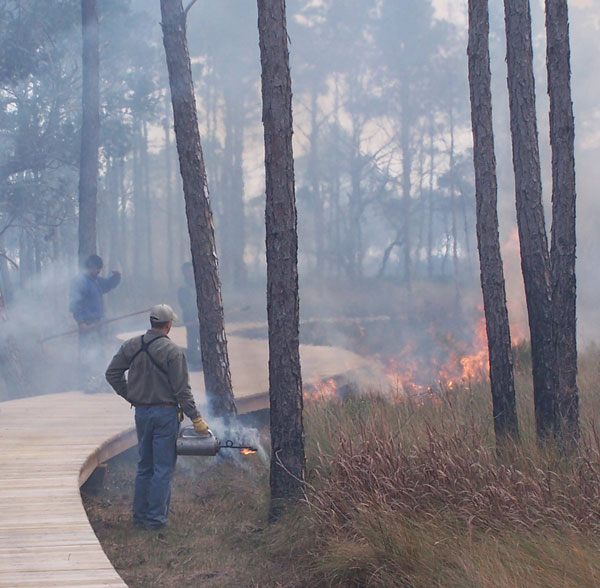
Practical Solutions. Customized Strategies.
Our team of certified fisheries and wildlife biologists and ecologists ensures that all projects meet the scientific rigor and quality control expected in today’s ever-changing environmental landscape.
WEA’s client-focused and innovative solutions to complex issues efficiently utilize our scientific expertise and pragmatic implementation experience. Our team is second to none in providing reliable, trustworthy service and realistic guidance during each project’s permitting and planning process.
The fisheries biologists at WEA understand proper management of any successful fishery is dependent upon both population and habitat management. WEA possesses years of experience designing, assessing, and managing lakes and ponds in the southeastern US. Our reputation for ecologically sound and financially prudent recommendations results in our clients returning to us for turnkey and stand-alone fisheries services.
The current environmental awareness exhibited by consumers and the general public has never been greater. As a result, self-governance and regulation within many markets and industries has focused on the need to assess, manage, and increase biodiversity and conservation efforts across the US. WEA shares this responsibility and works with our clients to identify and integrate appropriate biodiversity and conservation mechanisms into their core business practices and ethos. WEA staff honors these commitments to biodiversity and conservation through representation on groups like the FWC Wildlife Legacy Initiative Stakeholder Group.
Our partners and clients regulary face challenges making difficult natural resource management decisions and navigating the complexites of the modern regulatory environment. These challenges necessitate accurate, dependable, and integrated data and technology solutions. WEA offers partner organizations various models of support and partnership, from end-to-end IT compliant technology to short-term, project-level application support.
The management of habitats is often the most critical component of success in wildlife management. This passive, or indirect, management of the target species through habitat modifications is important because the species’ habitat provides all the resources needed to survive: food, water, cover, and space. Through proper habitat management planning and implementation WEA helps our clients manage wildlife populations using the most current ecological knowledge and innovative technologies.
WEA ecologists and biologists have extensive experience and ecological expertise regarding rare, imperiled, threatened, endangered, proposed for listing, candidates for listing, and warranted but precluded plant and animal species on the federal and state levels. Our staff serves on numerous technical working groups and committees that focus on the conservation and management of these rare species. Our staff also holds federal and state-issued permits and authorizations to survey, collect, and relocate these species. WEA staff uses their expertise to provide outreach through annual presentations on the Threatened and Imperiled Species panel of the Florida Chamber of Commerce’s Environmental Permitting Summer School Conference and serves as on the Editorial Advisory Board for The Wildlife Society’s Wildlife Professional publication.
Often the first exposure many projects have to environmental and ecological issues occurs during the initial planning and permitting stage of the project. WEA staff provides the tools, templates, and relationships necessary to initiate these processes, track their progress, and manage them through project completion or permit release.
The importance of scientific research cannot be underestimated in the environmental and ecological communities. Research is the testing ground for the application of theories and principles in real situations. Additionally, the results of research drive innovation and guide our solutions and decision making through the applications it provides. WEA staff hold advanced degrees in biology and business and provide editorial review for peer-reviewed scientific journals.
The complex art and science of wildlife management is rooted in the foundations of balancing the needs of wildlife and people. At WEA, we understand that the term “management” clearly implies the application of ecological knowledge and human manipulation to meet various goals and objectives that are bound by the ethics of conservation. Successful wildlife management strategies generally include passive (habitat) and/or active (population) techniques.
We deliver efficient and timely results for a wide variety of ecological and environmental projects, from forests to lakes to coastal environments – and everything in between.
